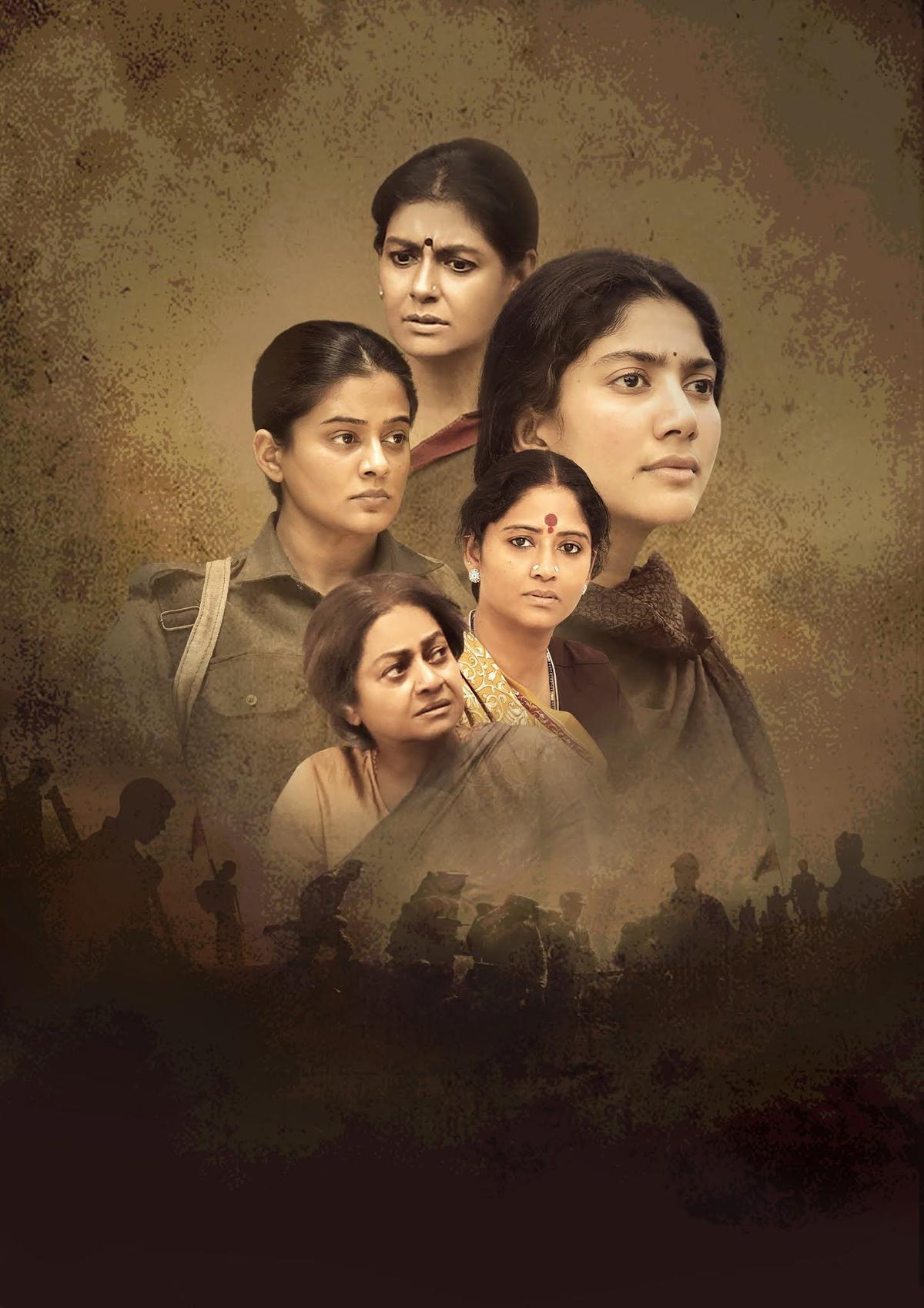Director Venu Udugula opens up on the real story that inspired Sai Pallavi-Rana Daggubati starrer and his interest in true-to-reality cinema
Director Venu Udugula opens up on the real story that inspired Sai Pallavi-Rana Daggubati starrer and his interest in true-to-reality cinema
Director Venu Udugula says, “I love human drama, realistic stories presenting different aspects of life, when he discusses his approach to writing and filmmaking. He believes that if someone is around him There is no dearth of stories to narrate if one watches the events of his first Telugu film, Needhi nadi ok katha, There was a comment on the education system. He then worked with Sai Pallavi and Rana Daggubati starrer Virat ParmiTelugu romance drama inspired by true events in 1990’s Telangana.
The director knew he was moving away from mainstream norms when he started working on the film. “I wanted to tell this story with honesty and integrity. I could easily have included a situation where Sai Pallavi dances to a Telangana folk song, if box office math was on my mind. There is no place for it in this film.”
Sarla’s story
The story was inspired by incidents involving a young woman named Sarla, who was suspected of being a secret agent and was allegedly shot dead by Naxalites. Venu researched for four years, trying to piece together his story. “went in search of the girl dalam (Naxal group), inspired by his ideology. He traveled all the way from Khammam to Nizamabad. The Naxalites suspect him as a secret agent sent by the police and kill him. What we have shown in the film – the treatment of Venela (Sai Pallavi) by the group – is far softer than that of Sarla. ,
Venu says that he was impressed by Sarla’s journey and was determined to narrate her story. Sticking to facts would have made the film a docu-drama. He offered a love story with a penchant for cinematic appeal.
Rana Daggubati as Ravana in ‘Virat Parvam’
The news clipping shown at the end of the film points to Sankaranna, a Naxalite leader who shot Sarla. The character of Ravana played by Rana in the film is fictional. Venu reasons that since the love story is fictional, it would not be appropriate to use Sankaranna as Rana’s on-screen name: “From what I learned from my research, Sankaranna did not sound like an inspirational character for this story. . He tended to make hasty decisions and was not a likable character. ,
loss of relevance
A love story set against the backdrop of the Naxalite movement, takes the risk of romanticizing it. However, Venu insisted that this was not his intention. “In Sarla’s case, I thought that if they didn’t understand why a young woman would go to great lengths to find and connect with them, it was a sign that they had failed. What a change a group can bring to society. If they can’t understand the plight of a woman? If one has to narrate a realistic story of Telangana in the 1980s or 1990s, it has to reflect the socio-political milieu. I know that maybe the current generation Do not join the Naxalite movement. The gist of my story is that the Naxalites made many such mistakes and did not change with time, so they lost their relevance.

(Clockwise from top) Nandita Das, Sai Pallavi, Ishwari Rao, Zarina Wahab and Priyamani
Venu had searched for Sarla’s family while making the film, but could not find any clue. It was only after the film was made that he came to know that the family was in Warangal. Venu, Sai Pallavi and Rana visit the family and request them to watch the film, to allay any fears they may have about the portrayal of Sarla’s character in the film. However, the family insisted they would watch the film after its release: “Thankfully, they are very happy with the film,” says Venu.
Root Cinema
Venu grew up in Hanamkonda, Warangal and moved to Hyderabad 18 years ago. A self-taught filmmaker, he remembers watching international films screened by the Hyderabad Film Club and this piqued his interest in making real cinema. “I believe our audience is mature and will accept different stories. During the pandemic, people are watching Malayalam and Tamil cinema more than ever before and are exposed to different genres of filmmaking. Until we do something new Will not try to do it, how do we know whether the audience will accept it or not?”
For Virat Parmi, composer Suresh Bobbili, art director Nagendra, cinematographer Divakar Mani and Dani Sanchez-López had their brief to go far from ideal. “The movements of the camera are with a purpose and quite organically. We didn’t resort to the routine method of an overly closeup during an emotional scene and a spirited background score that would drive the audience to tears. Suresh Bobbili brought in Telangana folk instrumentalists and almost 90% of the music was recorded using live instruments. Some lyricists are also Telugu writers who are exploring songwriting for the first time. I wanted the film to reflect the poetic nature of Venela’s story. ,